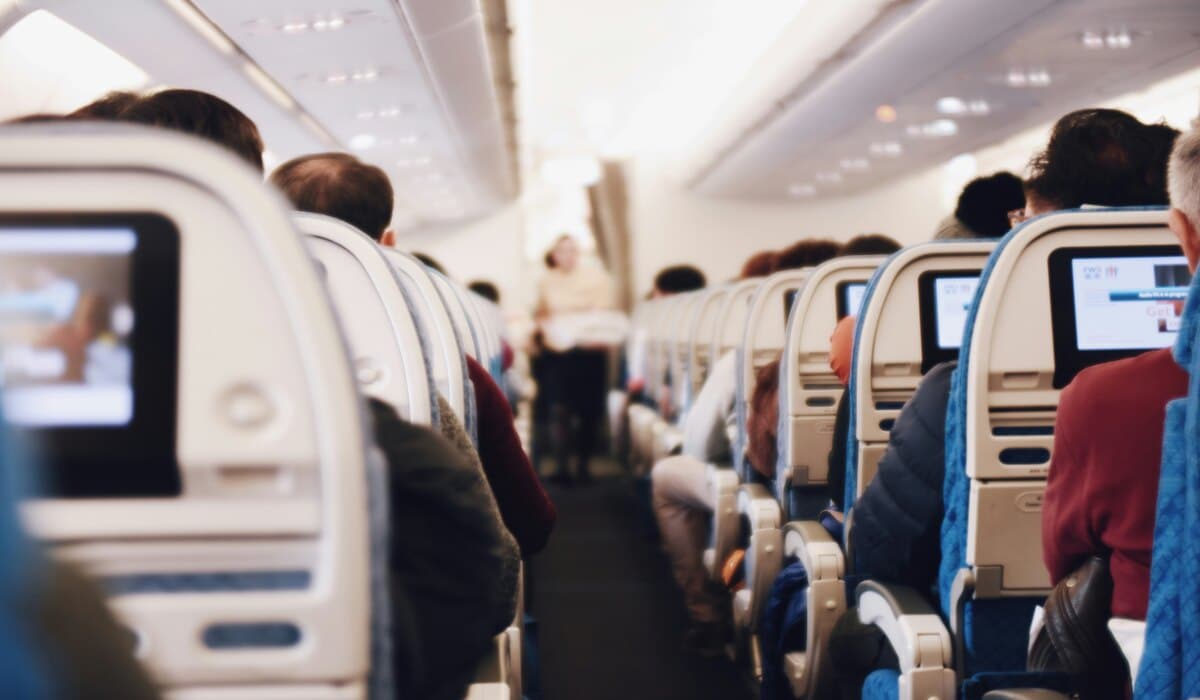Table of Contents
Flight disruptions such as cancelations, delays, and overbooking can be stressful. But the good news is that travelers flying to, from, or within the European Union are protected under EU Regulation 261/2004. This regulation provides specific rights and compensation guidelines for passengers facing these travel inconveniences. Here are four tips to handle and respond effectively if your flight is canceled, delayed, or overbooked.
1. Understand Your Rights Under EU Regulation 261/2004
The first step in managing a flight disruption is to understand your rights under EU regulations. Here’s a quick breakdown:
Delays: If your flight is delayed for more than three hours, you are entitled to compensation under the EU regulations on delayed flights, unless the delay is caused by extraordinary circumstances beyond the airline’s control, such as bad weather or air traffic control strikes.
Cancelations: For flight cancelations without at least 14 days’ notice, you may be entitled to compensation similar to that of flight delays, unless the airline can prove the cancelation was due to extraordinary circumstances. Additionally, the airline must offer you the choice between a full refund and an alternative flight.
Overbooking: If you are denied boarding due to overbooking, you are eligible for immediate compensation, along with a choice between a full refund and a rerouting.
Knowing these rules will help you claim your rights confidently and ensure you receive everything you are entitled to under the law.
2. Communicate Effectively with Airline Staff
In the event of a flight cancelation, delay, or overbooking, your communication with airline staff can significantly affect the outcome. Follow these steps:
Be Polite but Firm: Airline representatives are more likely to respond helpfully to courteous inquiries.
Get Specific Details: Ask specific questions about the cause of the delay or cancelation and the expected time of departure if you’re delayed.
Discuss Your Options: Inquire about the options available to you, such as rebooking on the next available flight, refunds, or compensation.
Document Names and Conversations: Write down the names of the airline staff you interact with and summarize your discussions for future reference, especially if you need to escalate your case.
3. File for Compensation if Applicable
If your flight is canceled, delayed, or you are denied boarding, and you believe you are eligible for compensation under EC Regulation 261/2004, take the following steps to file a claim:
- Ask the airline for a written statement detailing the reason for the disruption.
- Gather all necessary documentation such as your boarding pass, booking confirmation, and receipts for any additional expenses incurred.
- File a claim directly with the airline. Be clear and concise in your communication, and attach all relevant documents.
- Keep track of your claim, and follow up with the airline if you do not receive a response within a reasonable time.
4. Utilize Resources Available to You
Many resources are available to help passengers deal with flight disruptions. If the airline does not respond satisfactorily to your compensation claim, you can contact the national body responsible for enforcing EU air passenger rights in the country where the incident occurred. You can also take legal actions or use services like Flightright which are experts in handling compensation claims for passengers.
Conclusion
While flight cancelations, delays, and overbookings can disrupt your travel plans, being informed about your rights under EU Regulation 261/2004 can help you manage the situation effectively. By understanding these rights, communicating effectively, and using available resources, you can limit the inconveniences.


